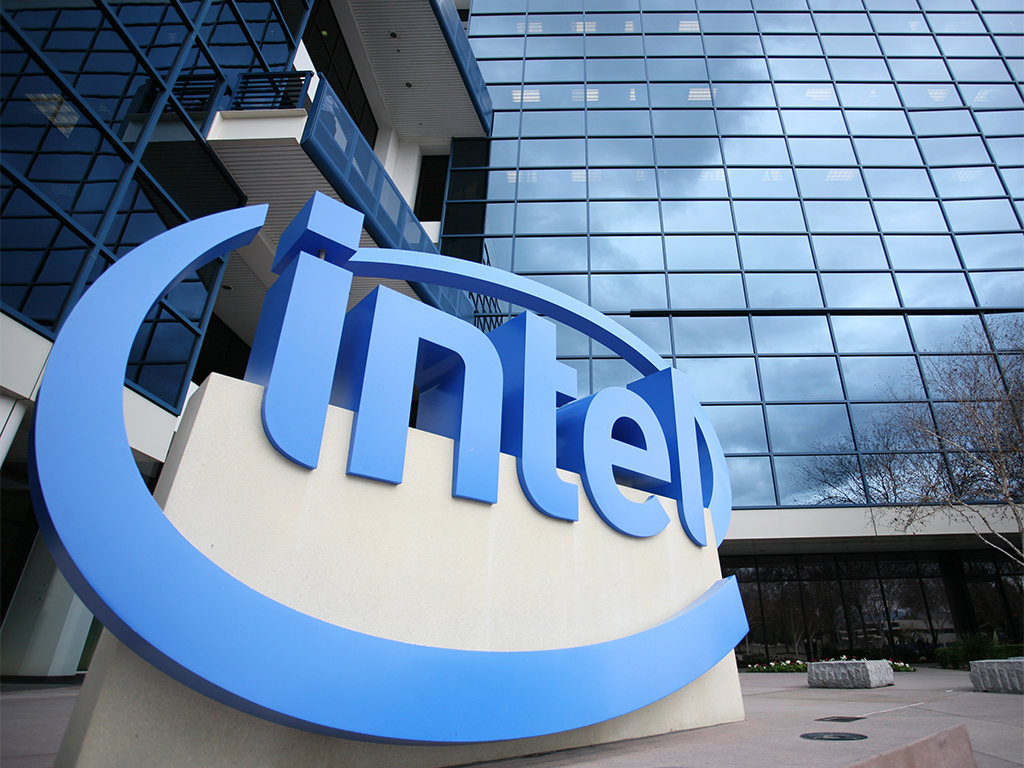Intel loses appeal to get €1.06bn EU fine quashed
Intel considers further action after its record European fine is upheld by the Luxembourg-based General Court – but it may be time to walk away

The General Court in Luxembourg upheld the EC's decision to issue chip giant Intel with a record €1.06bn fine for anti-competitive practices
The American chip giant has lost its appeal over a record €1.06bn (£852m) fine issued by the European Commission in 2009. The company had taken its case to the Luxembourg-based General Court in hope the penalty would be quashed, but judges there agreed with the EC’s initial verdict that Intel’s anti-competitive practices warranted it.
Europe’s second highest court found that between 2002 and 2007, Intel gave rebates to Dell, NEC, Lenovo and Hewlett-Packard to encourage the four major companies to favour its chips over rival Advanced Micro Devices (AMD), violating the EU’s Antitrust Regulation. The corporation also paid Media Saturn Holding to stock computers with its chips solely.
Intel gave rebates to Dell, NEC, Lenovo and Hewlett-Packard to encourage the four major companies to favour its chips
In response to the decision, Intel said it was “very disappointed”, adding that the company would be “evaluating the court’s judgment.” In a statement, judges presiding said: “none of the arguments raised by Intel supports the conclusion that the fine imposed is disproportionate”.
Johannes Kleis, Head of Communications for the consumer group BEUC, said the court’s decision was significant not only for Intel competitors, but consumers – who are often harmed when dominant organisations abuse their power. Kleis emphasised that practices such as those Intel engaged in can inflate prices and stifle innovation, adding that he hoped the fine would be a “deterrent for company’s looking to engage in this type of anti-competitive behaviour.”
If Intel chooses to further fight the fine – the equivalent of 4.15 percent of its 2008 turnover – the next step will be to take its case to the Court of Justice of the European Union, where it can only argue on the basis of law. The maximum fine firms typically face for breaking such regulations is 10 percent.
Four European Commission fines to remember
Getting fined by the EC can be pretty expensive. We count down four of its heftiest penalties over the past 10 years
2008: Asashi, Pilkington, Saint-Gobain and Soliver
The EC issued European glass producers Asashi, Pilkington, Saint-Gobain and Soliver fines totaling €1.3bn for sharing market information among themselves that allowed their businesses to prosper while shutting out competitors.
2012: Philips, Samsung, LG Electronics, Panasonic, Toshiba, Chunghwa and MTPD
The TV and computer monitor tube producers got into trouble with the EC after it was discovered they had formed worldwide cartels that shared information about prices, markets and customers – landing them a fine of €1.47bn.
2013: Microsoft
The EC fined the corporation €731m for restricting its users from choosing their web browsers and, instead, defaulting their computers to Microsoft’s explorer browser. This was in spite of the fact that Microsoft had signed a legally binding document in 2009 pledging they would allow consumers choice in this area.
2013: RBS, Barclays, UBS, Deutsche Bank, Société Générale, JP Morgan, Citybank and RP Martin
The eight banks were made to pay €1.4bn as a penalty for forming illegal cartels to rig interest rates, though Barclays and UBS were excused for being informants.













